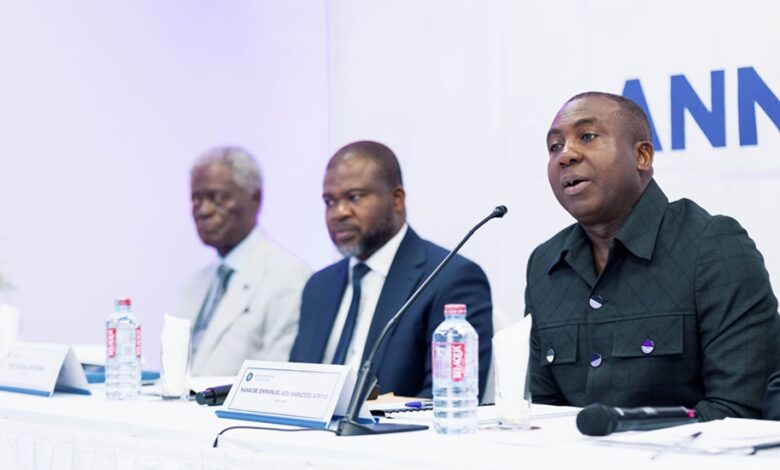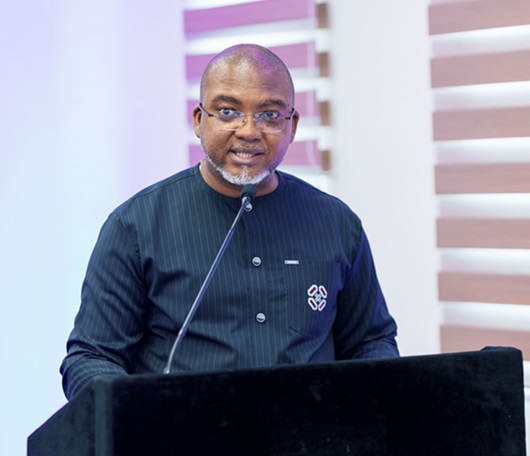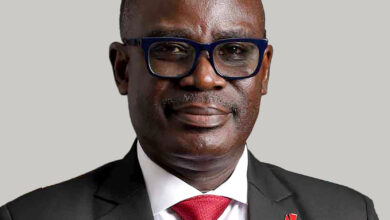GEA calls for stability in Ghana’s business environment

President of the Ghana Employers Association (GEA), Nana Dr. Emmanuel Adu-Sarkodie has called attention to the pressing need for stability and confidence in Ghana’s business environment.
Speaking at the 64th Annual General Meeting of the GEA in Accra on the theme ‘Prospects for Business Confidence and Stability in Ghana’, he stressed the importance of stability as a foundation for business growth, particularly in a climate marked by economic uncertainty, rising costs, and emerging challenges like cyber threats and infrastructure issues.
Despite the implementation of key government policies that have brought relative macroeconomic stability in recent months, recent data from the Bank of Ghana highlights a concerning decline in business and consumer confidence. The Business Confidence Index has steadily decreased, falling from 96 in February 2024 to 88.8 in July, while the Consumer Confidence Index dropped from 92 in February to 81.2 in July. This downturn reflects growing uncertainty within both the business and consumer sectors, driven by economic pressures.
Compounding the issue is Ghana’s high inflation rate, which stood at 20.09% in July 2024, along with a monetary policy rate of 29%. These factors have pushed the average lending rate to 31.10%, making borrowing costs prohibitive for businesses, particularly small and medium-sized enterprises (SMEs), and hindering their ability to access capital for growth.
In light of these challenges, the GEA President emphasized the need for coordinated efforts between the government and business leaders to create a resilient economic environment where businesses can thrive and contribute to national prosperity.
On his part, Managing Director of Unilever Ghana PLC, Mr Chris Wulff-Caesar called for reforms in the credit environment to engender growth.
“Currently, credit is structured a bit too tight for the borrower and becomes a noose around the neck of businesspeople. In some instances, businesses resort to start paying back their loans in the same month and with the same money that they just received,” he stated.

Mr Wulff-Caesar further pointed out that as a business community, “we need to build capability for SMEs in financial management. There is a fine line between running a business with a focus on profits and running a business with all aspects of prudent financial management in place.”
He stressed the need for businesses and employers to consider different strategies in managing their businesses in high-cost regimes.
Deliberate localization of inputs to reduce dependency on forex. This means expanding into new markets and offering new products or services. By diversifying, businesses can reduce their reliance on any one market or product, which can help them weather economic downturns.
He recommended drastic cost-cutting measures, recommending the renegotiation of contracts with suppliers, or finding ways to streamline operations.
“By cutting costs, businesses can improve their bottom line and become more resilient in the face of economic challenges,” he added.
Mr Wulf-Ceaser called on businesses to keep a close eye on cash inflows and outflows, making sure that there is always enough cash on hand to cover expenses. Businesses should also consider implementing strict credit policies to ensure that they are paid on time by customers.




